
The End of Detroit
How the Big Three Lost Their Grip on the American Car Market
Doubleday Broadway Publishing Group
ISBN: 9780385507691
Pages: 336
Recommendation
America’s fascination with the auto helped build and change the entire country. But as author Micheline Maynard writes, Detroit has lost its grip on American drivers by relying on overgrown distribution systems, styling myopia, reduced quality, brand mismanagement and family ownership. These factors, to varying degrees, combined to weaken the Big Three (Ford, General Motors and Chrysler). As an automotive journalist, Maynard apparently has all the facts, interviews and trade show vignettes to tell the story of the Big Three being replaced by non-US manufacturers who simply do the job better. She also includes interviews with car shoppers and others who are not germane to her tale. Still, this is a powerful chronicle on the threatened, imminent demise of more American icons. getAbstract finds this very valuable reading for marketing and human resource professionals, corporate change management executives and anyone interested in buying a car.
Summary
About the Author
Micheline Maynard covers the automobile and airline beats for The New York Times. She also has written for Fortune, USA Today, Newsday and US News & World Report. At the University of Michigan, she lectures on the world auto industry. She is also the author of Collision Course: Inside the Battle for General Motors.


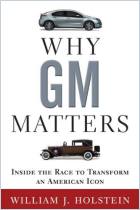
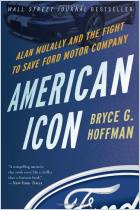
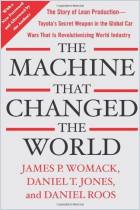
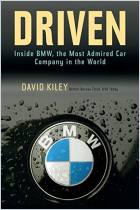
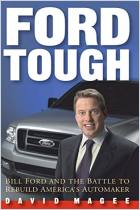

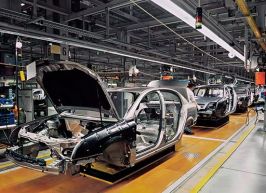





Comment on this summary